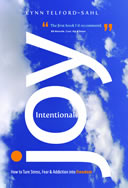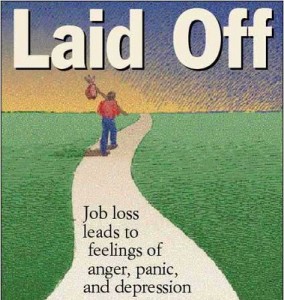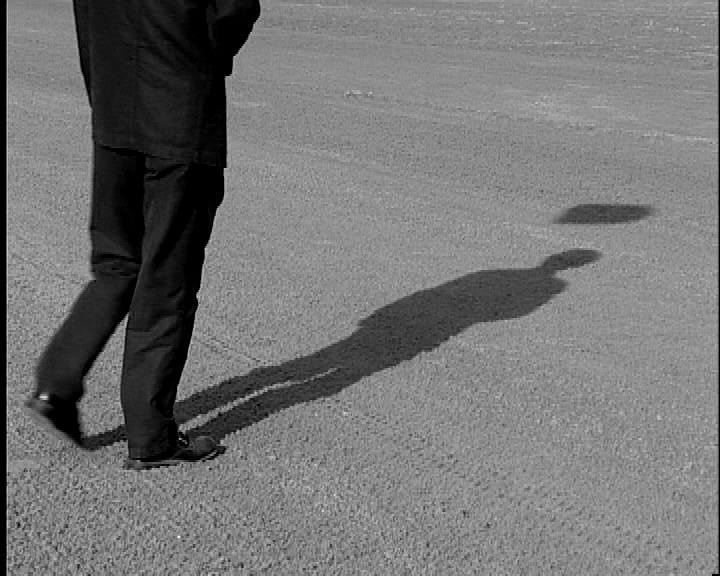Financial Sabotage: How Women Drain Money, Energy &Time by Giving Too Much
 Monday, December 5, 2011 at 10:51AM
Monday, December 5, 2011 at 10:51AM  1 Comment
1 Comment What’s one of the biggest mistakes women make with their money? As I ask women and men to respond to this question, one answer comes up repeatedly: women give their money, time and energy away too freely. Then they don't have enough for themselves.
Who do they give their money to? Usually their children and I’m not talking about those under 18. “An online poll commissioned in May by the National Endowment for Financial Education and Forbes.com found that nearly 60% of parents are giving, or have in the past granted, financial support to adult children who are no longer in college.”*
Yes, I know the tough economy is a factor with women wanting to step in and help their adult children. It's a lovely part of women's (& many men's) natures that we are the nurturers and caretakers of the family. But sometimes we over-equate love and money. To not give money can seem selfish to mothers. And, mothers are encouraged by culture and church to sacrifice for the well-being of their children, right?
That’s not a bad thing, unless it leaves the mother in dificult financial straits. I’ve talked to women who have been robbed by their children, given in to sob story after sob story, been taken advantage of and even those left nearly destitute because of over-giving.
 There is a balance point between over giving and creating dependency or entitlement. It’s not selfish, but self-loving to consider your own financial need and to set limits with children about what and how much you’re willing to help. As we’ve heard often – women, put your own oxygen mask on first.
There is a balance point between over giving and creating dependency or entitlement. It’s not selfish, but self-loving to consider your own financial need and to set limits with children about what and how much you’re willing to help. As we’ve heard often – women, put your own oxygen mask on first.
*(Modesto Bee, Michelle Singletary, The Color of Money column 11-27-11)
 Lynn Telford-Sahl tagged
Lynn Telford-Sahl tagged  The Color of Money,
The Color of Money,  financial crisis,
financial crisis,  financial mistakes,
financial mistakes,  financial stress,
financial stress,  michelle singletary,
michelle singletary,  money mistakes,
money mistakes,  suze orman,
suze orman,  warren buffet
warren buffet

















